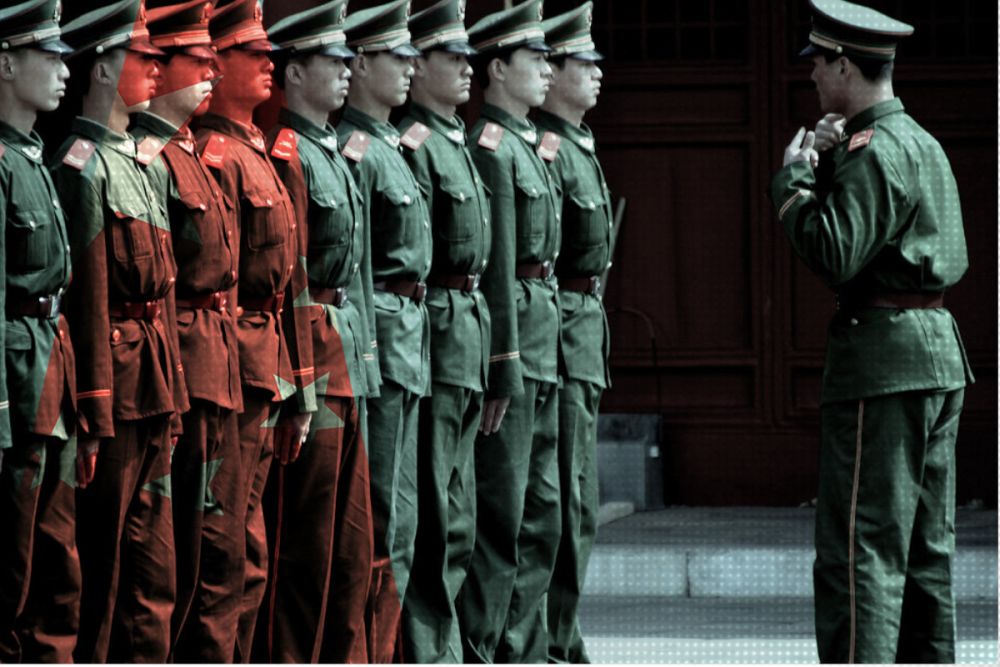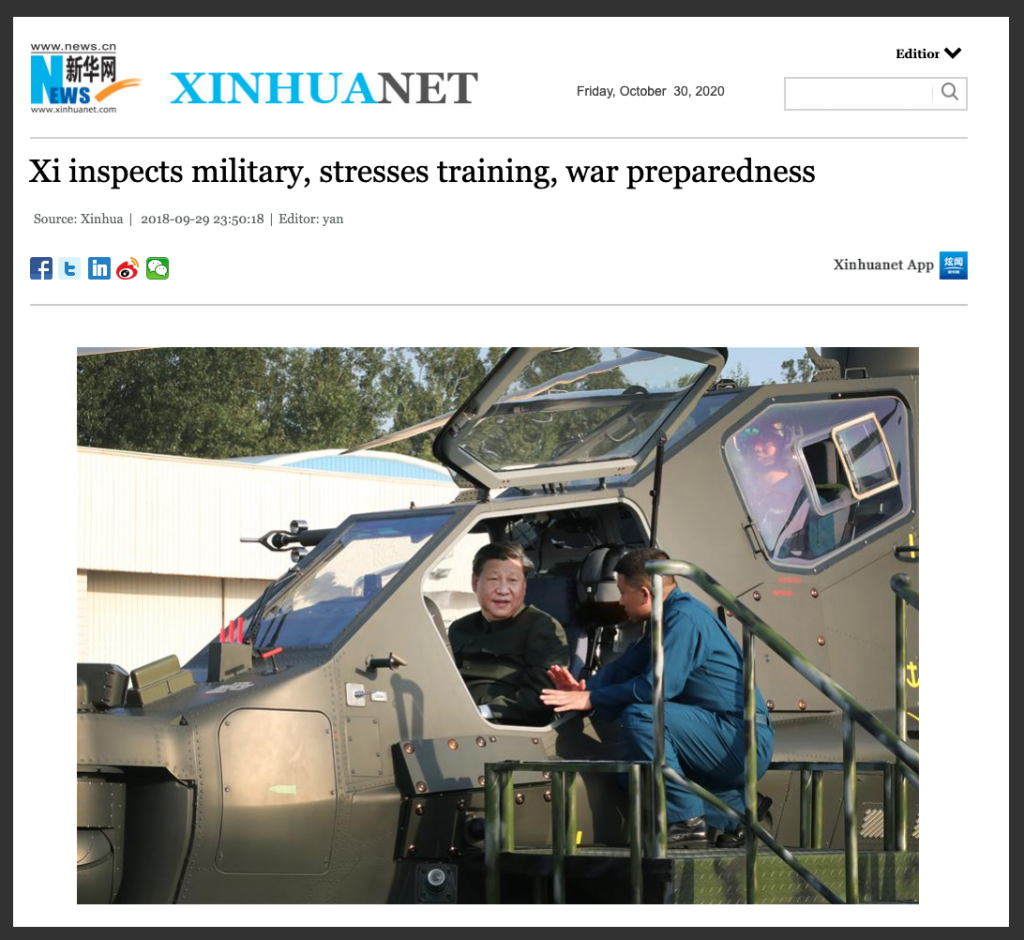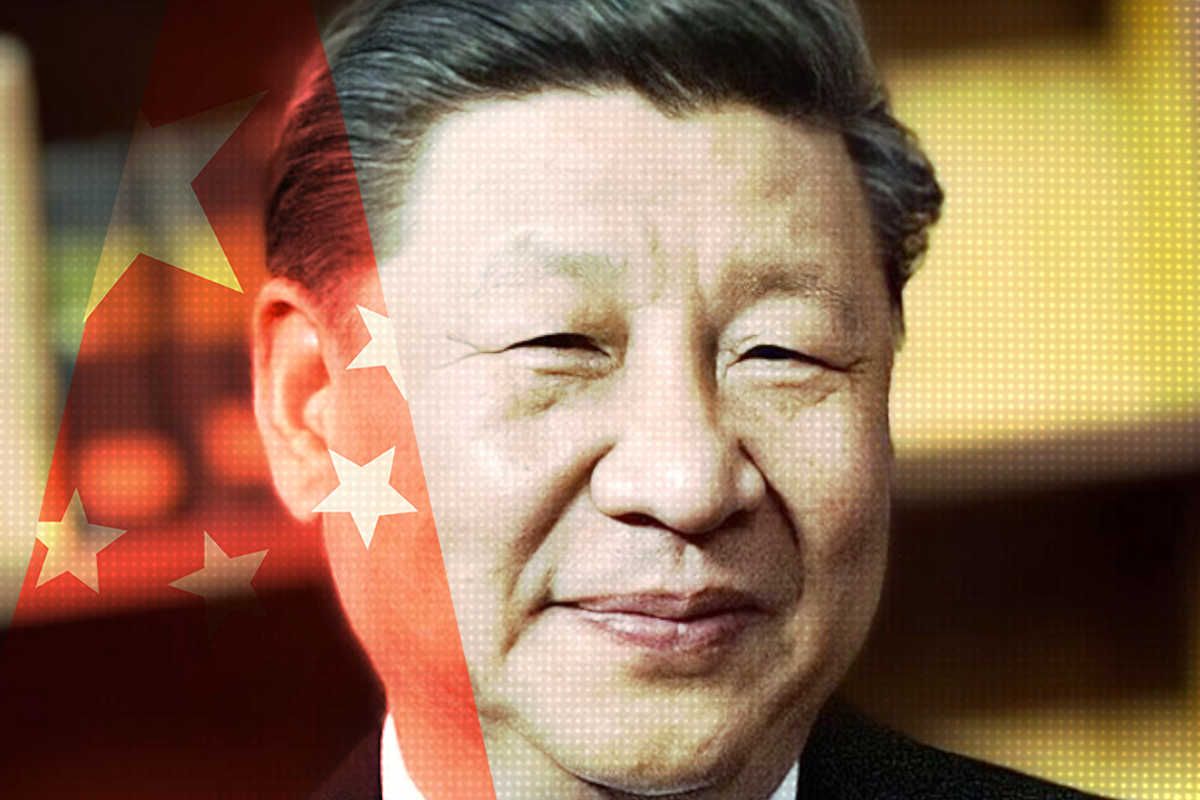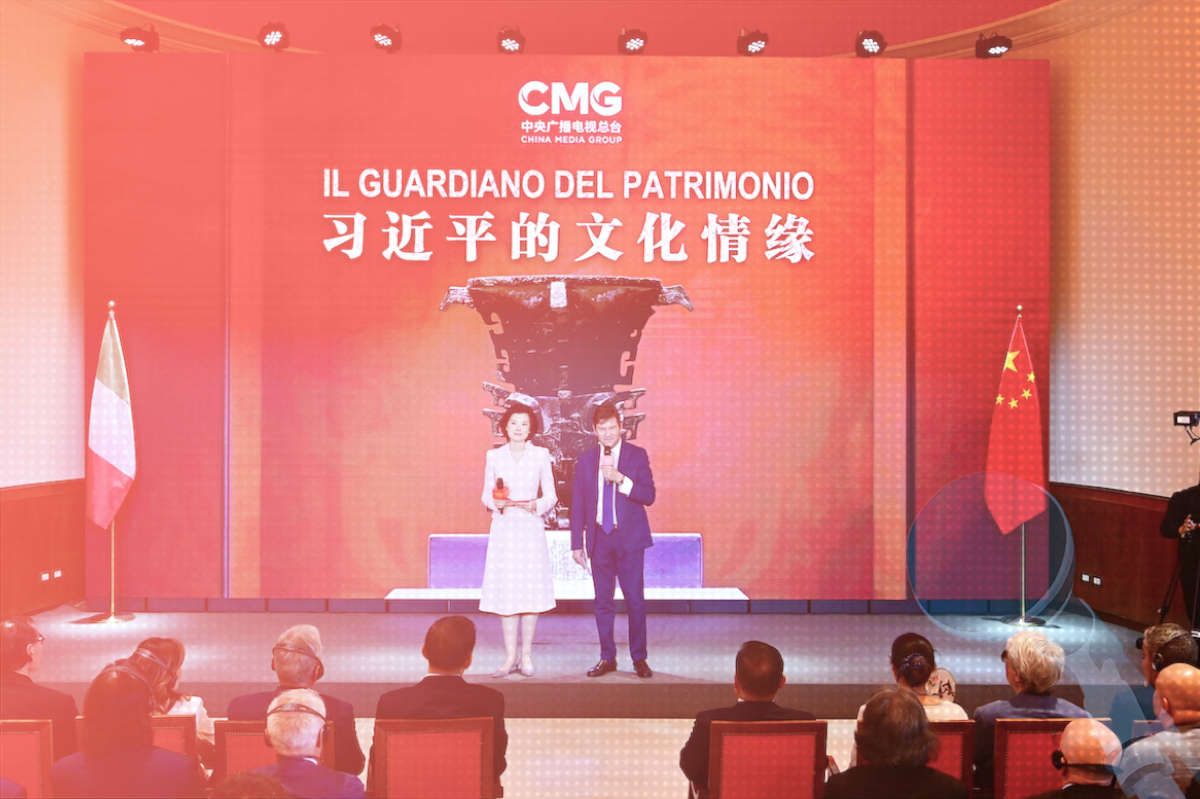
PLA soldiers, image by “Lafayette1” available at Flickr.com under CC license.
In a brief analysis yesterday of a number of key points emerging from yesterday’s release of the bulletin (公报), or communique, from the Fifth Plenum, we noted the phrase “ensuring the achievement by 2027 of the century-long goal of modernizing the army” (确保二〇二七年实现建军百年奋斗目标) – and suggested this might signal Xi Jinping’s determination to remain as the CCP’s general secretary not just through the Party’s centennial next year, but through the centennial of the formation of the People’s Liberation Army, which falls on August 1, 1927.
Coming at the tail end of a passage that includes mention of “Xi Jinping Thought on a Strong Military” (习近平强军思想), an important nod to Xi’s emerging legacy term “Xi Jinping Thought,” the phrase about 2027 prompted Beijing-based political commentator Wu Qiang (吴强) to remark in an interview with RTHK that Xi had effectively set aside once and for all the notion of China’s “peaceful rise,” or heping jueqi (和平崛起).
And there is other language in yesterday’s bulletin pointing clearly to national security as an elevated priority, having a much more prominent emphasis at the highest levels of the CCP leadership than we have seen at perhaps any previous point in the reform era. One important phrase to note is “comprehensively strengthening training in preparation for war” (全面加强练兵备战), which also comes in the passage about “Xi Jinping Strong Military Thought” and the 2027 goal for the PLA.
If we search the full archives of the People’s Daily, we find that the term “preparing for war” does not appear in headlines at all after 1962 – not until exactly two years ago today, on September 30, 2018. Appearing on the front page that day, the headline included the full phrase on war preparation: “Comprehensively Strengthening Training in Preparation for War, Speeding Up the Improvement of Winning Capacity” (全面加强练兵备战加快提升打赢能力). The report dealt with Xi’s inspection tour of the PLA’s 79th Group Army, and included images of the general secretary in the cockpit of a Z-10 helicopter.

If the phrase “war preparation,” beizhan (备战), appears in the full text of the 14th Five-Year Plan, which will not emerge until after next year’s “two sessions,” this will mark the first time in 55 years that the phrase has figured so strongly in CCP planning. The Third Five-Year Plan (1966-1970), which came at a time of intense vulnerability for China, amidst the Sino-Soviet split and ahead of rapprochement with the United States, emphasized the need to “begin with preparation for fighting big and fighting early, actively preparing for war, and putting the construction of national defense in first position [of priority].”
Finally, we should note the emphasis on national security in the paragraph immediately preceding mention of “Xi Jinping Strong Military Thought” in the bulletin, and in particular the phrase about ensuring that “security development runs through the entire process of national development in all fields“ (把安全发展贯穿国家发展各领域和全过程). The paragraph reads:
The plenary session proposed coordination of development and security, building a higher-level of secure China. [We must] adhere to the overall national security concept, implement the national security strategy, maintain and shape national security, coordinate traditional security and non-traditional security, and [ensure] that security development runs through the entire process of national development in all fields . . . .





















